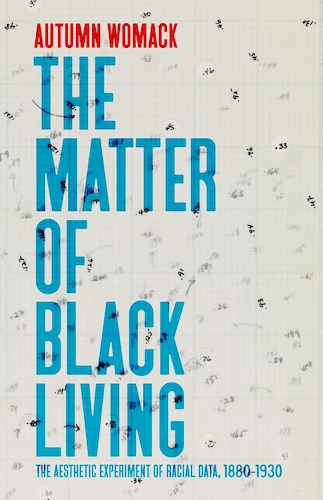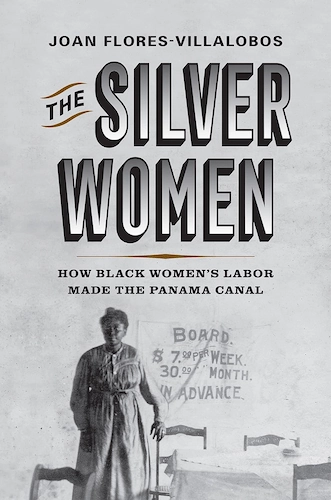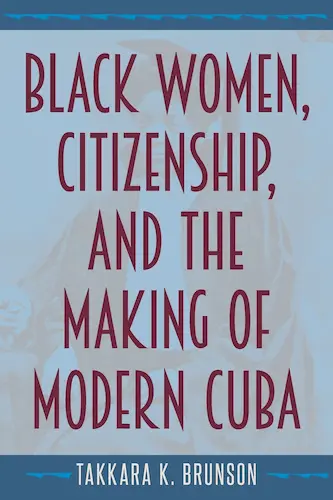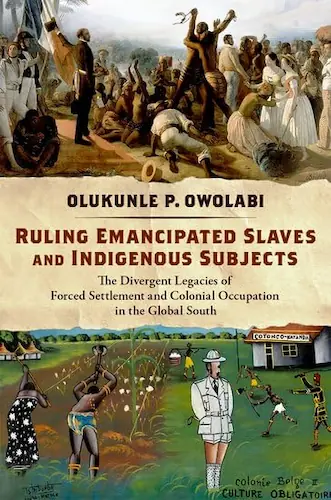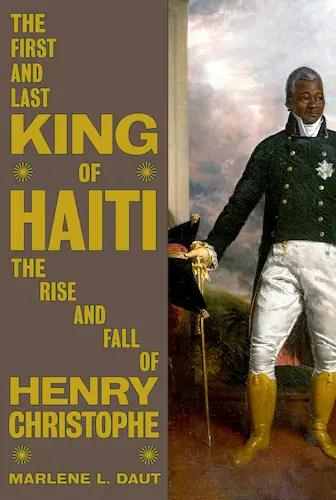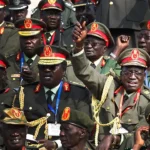A New Perspective on the Lesser Antilles
Tessa Murphy’s The Creole Archipelago: Race and Borders in the Colonial Caribbean, winner of the 2022 James A. Rawley Prize in Atlantic History, challenges conventional narratives of Caribbean history by shifting the focus from European imperial contests to the lived experiences of Indigenous, African, and Creole populations in the Lesser Antilles.
Examining Dominica, Grenada, Saint Lucia, Saint Vincent, and Tobago, Murphy reconstructs a region that, far from being peripheral, functioned as a dynamic space of negotiation, resistance, and adaptation. Her meticulously researched work underscores how these islands became a center of imperial experimentation, where colonial subjects tested and contested the meaning of race, sovereignty, and subjecthood.
A Region Beyond Imperial Control?
Murphy’s key argument is that the eastern Caribbean functioned not as a collection of isolated imperial outposts but as an interconnected Creole Archipelago.
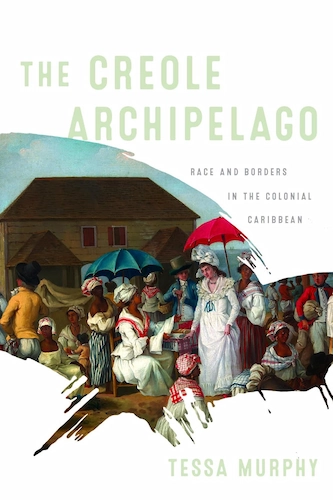
Rather than being defined by rigid colonial boundaries, these islands were shaped by fluid mobility, as Indigenous Kalinagos, free and enslaved Afro-Caribbeans, and European settlers engaged in continuous exchange and adaptationSome reviews.
Murphy dispels the notion that the region was a passive recipient of European governance, illustrating instead how colonial authorities struggled to impose control over a population that had long operated outside conventional colonial frameworksSome reviews.
Drawing on sources from archival collections in France, the UK, Martinique, Dominica, and Grenada, Murphy reconstructs the legal, social, and political structures that evolved in the region.
She highlights how local actors—whether Kalinagos defending their land, free Afro-Caribbeans maneuvering within colonial legal systems, or planters seeking to exploit political instability—exercised agency in ways that shaped the development of imperial policies.
From Kalinago Resistance to Creole Adaptation
The book’s structure follows a chronological arc, tracing the transformation of the region from a Kalinago stronghold into a contested colonial frontier. Murphy provides a particularly strong analysis of how Kalinagos managed to resist European encroachment for over a century, negotiating treaties that recognized their territorial claims. Even as European settlers gradually encroached upon their land, Kalinagos retained a degree of autonomy by forging strategic alliances and adapting to shifting imperial politicsSome reviews.
A critical contribution of The Creole Archipelago is its emphasis on how the region became a laboratory for racial and colonial governance. Murphy argues that the Lesser Antilles served as testing grounds for policies later applied in colonies like Saint-Domingue and Louisiana. British and French administrators experimented with integrating—or excluding—Catholics, free people of color, and Indigenous subjects within their legal and political systems. For instance, while British authorities sought to limit landownership rights for French Catholics after the Seven Years’ War, French settlers and free Afro-Caribbeans embraced aspects of British legal traditions to defend their rightsSome reviews.
Slavery, Marronage, and Imperial Conflict
As the plantation economy expanded in the late 18th century, so too did conflicts over land, labor, and racial identity. Murphy details how enslaved people navigated the shifting colonial landscape, sometimes by running away to form Maroon communities, other times by leveraging legal ambiguities to carve out pockets of autonomy. The book offers a nuanced examination of how enslaved and free Afro-Caribbeans resisted, adapted, and even participated in colonial governanceSome reviews.
Moreover, Murphy situates the region within broader Atlantic conflicts, particularly the American and French Revolutions. Rather than viewing these upheavals as external shocks, she convincingly argues that local struggles over land, labor, and legal status were just as critical in shaping the region’s revolutionary transformations. In this light, the Second Carib War (1795–1797) and Fedon’s Rebellion in Grenada (1795) emerge not as isolated events but as part of a longer history of resistance against European dominationSome reviews.
A Landmark Study in Caribbean Borderlands History
One of Murphy’s most significant contributions is her insistence that historians approach the Caribbean as a borderland rather than a series of neatly defined colonies. She challenges scholars to move beyond national and imperial frameworks and instead recognize how the region’s porous maritime networks shaped social and political life. This perspective aligns with recent trends in Atlantic history that emphasize mobility, negotiation, and contested sovereigntiesSome reviews.
While the book is undeniably groundbreaking, some critics note that its engagement with the concept of creolization remains somewhat underdeveloped. Murphy argues that creolization allowed Indigenous and African-descended peoples to assert agency, yet the precise mechanisms of this process—and how it intersected with European legal and social frameworks—could be more explicitly theorizedSome reviews. Additionally, while the book thoroughly examines French and British imperial policies, a deeper engagement with Spanish-Caribbean connections would further enrich the analysisSome reviews.
A Must-Read for Atlantic and Caribbean Historians
Tessa Murphy’s The Creole Archipelago is a vital intervention in Caribbean and Atlantic history. By recentering the Lesser Antilles as a hub of cross-cultural exchange, imperial contestation, and resistance, Murphy challenges conventional narratives that marginalize the region in favor of larger colonial territories like Jamaica or Saint-Domingue. Her meticulous research and compelling arguments make this book essential reading for scholars interested in colonial governance, race, and borderlands history.
By highlighting the Lesser Antilles as a zone of innovation in colonial policy and resistance, The Creole Archipelago reframes our understanding of the Caribbean’s role in shaping the early modern Atlantic world. This book is not only a history of colonial struggles but a testament to the resilience and adaptability of the region’s inhabitants—a story that continues to resonate in the study of global history today. The book is available here.


